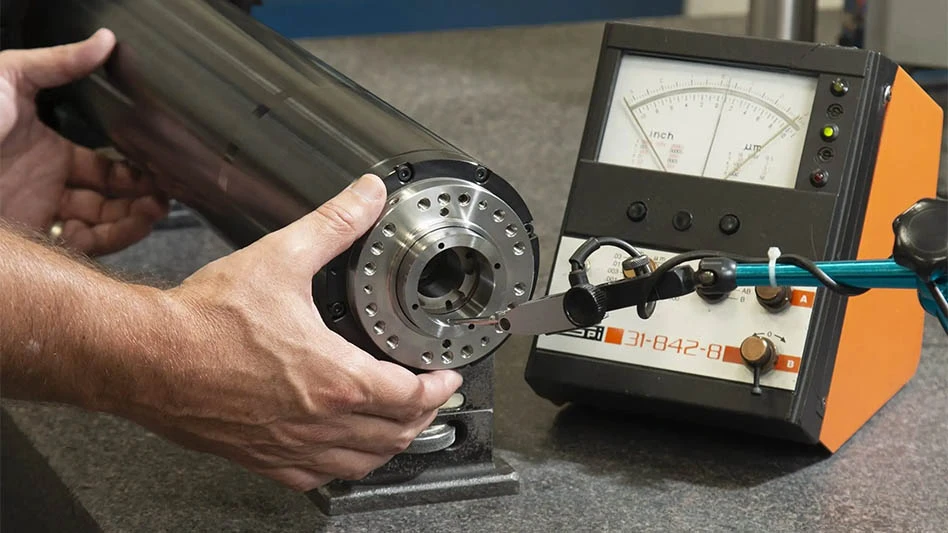
CERATIZIT
CERATIZIT, a Plansee Group company, will introduce the first standard for calculating and classifying the CO2 footprint of carbide products at EMO Hanover 2023, the trade fair for production technology. In combination with a scoring and classification system, the Luxembourg-based carbide specialists promise an increase in transparency with carbon footprint at a product level and encourage other players in the carbide industry to take part.
"Our goal is to establish a common standard on the market for calculating and classifying the carbon footprint of cutting tools, hard material solutions, and tungsten carbide powders. In this way, we will be able to provide customers the carbon footprint transparency they require," explains Executive Board Spokesman Dr Andreas Lackner. Like the scoring systems for electrical devices, motor vehicles, and food, customers should be able to know and assess a product’s footprint with a single glance. The alphabetic Product Carbon Footprint (PCF) classification can be added to any product sheet or sales document. Throughout the coming months, CERATIZIT will roll out the PCF classification across its product portfolio, introduce related products and services, and encourage customers, partners, and other industrial players to adopt the newly developed standard.
Serving as the basis for the PCF calculation is the respective Corporate Carbon Footprint (CCF), i.e., the CO2 footprint of the entire company. In accordance with the ISO 14067:2018 standard, the PCF includes not only the emissions attributable to Scopes 1 and 2, but also the upstream part of Scope 3 emissions, which can be allocated to specific products (purchased goods and services, upstream transportation and distribution, as well as waste generated from operations). To add extra emphasis on customer needs, CERATIZIT uses the cradle-to-gate approach and excludes downstream emissions.
Thanks to a fully integrated supply chain for raw materials, CERATIZIT can determine precise data for the PCF. “Our ambition is to lead the carbide industry into a sustainable future. However, it is up to customers to decide whether to opt for a standard product with detailed PCF transparency or a solution with a particularly low CO2 footprint. With our standard, we offer the basis for making informed decisions with ease,” says Dr Andreas Lackner.
For customers seeking to actively reduce the PCF in their own product range, the carbide grades of the upGRADE range from CERATIZIT provide effective and innovative solutions available for immediate use. The CT-GS20Y grade for rods for cutting tools and the KLC20+ grade for wood working are both produced from more than 99% strictly selected secondary raw materials and combine premium performance with a particularly low PCF, which is on average around 60% below the PCF of corresponding standard CERATIZIT grades.
Latest from Aerospace Manufacturing and Design
- AviLease orders up to 30 Boeing 737 MAX jets
- 256-piece general maintenance tool kit
- JetZero all-wing airplane demonstrator achieves milestones
- Cermet indexable inserts for medium turning operations
- Trelleborg acquires Aero-Plastics
- Industrial automation products, enclosed encoders
- #61 - Manufacturing Matters: CMMC roll out: When do I need to comply?
- AIX shows aircraft interiors are a strategic priority for global airlines








